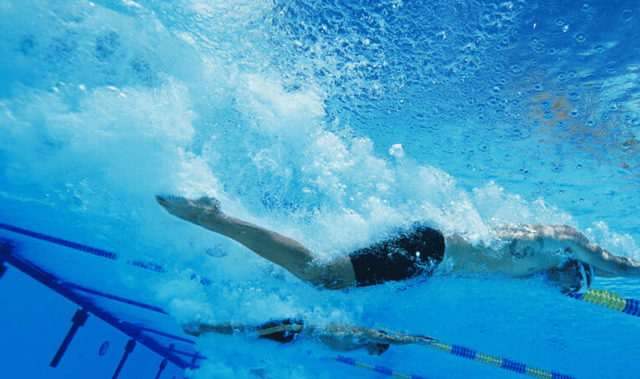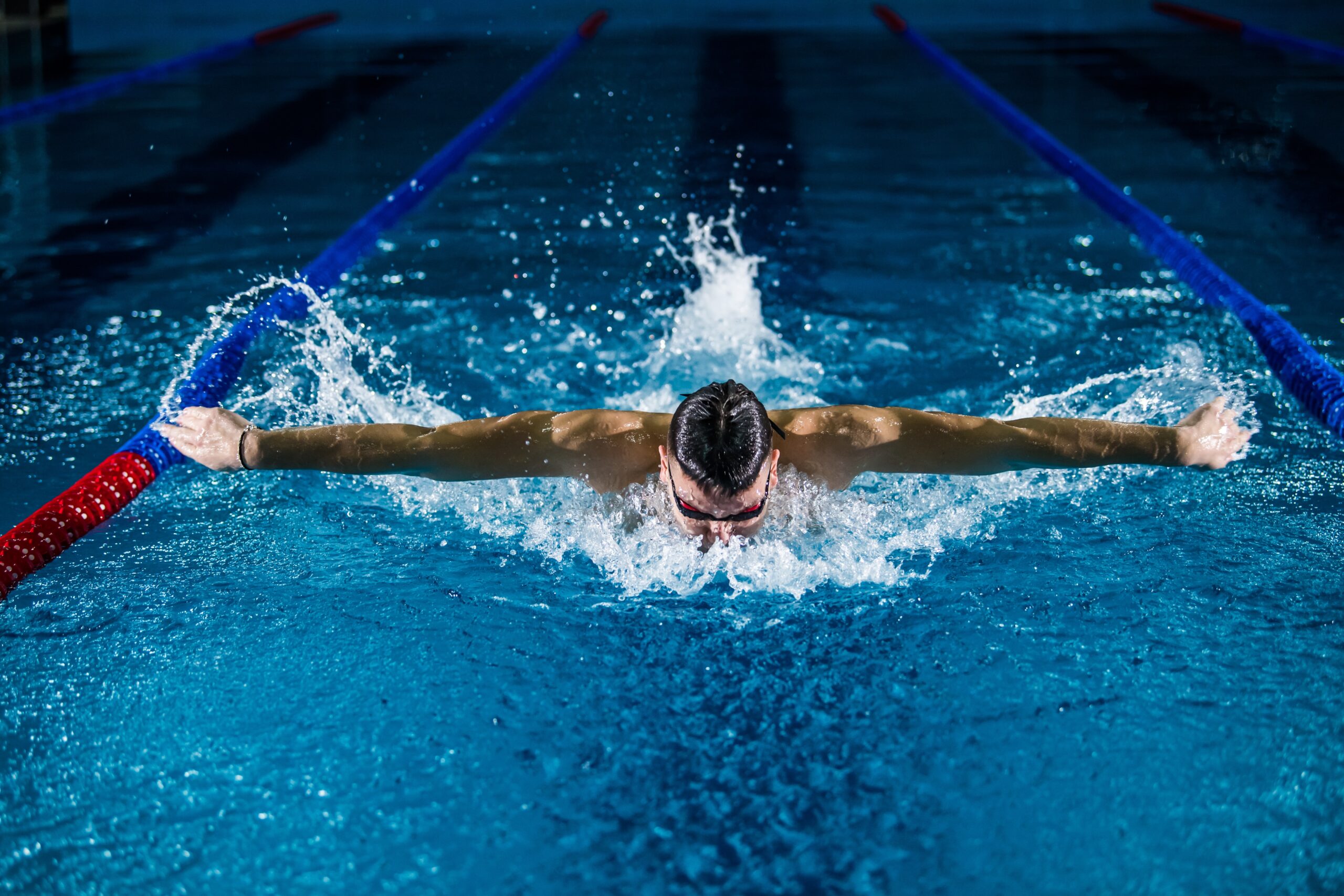This article is not for the complete swimming beginner. If you are a beginner start off with a good foundation and get some swim lessons. They will fast track your learning curve and help avoid developing bad habits. Many people have learned to swim as a child and look to come back to it in their adult years after a break. While they fundamentally have the basics, they seem to struggle to get going when they first start back. The following tips are some of the common mistakes and complaints we see with athletes who are coming back to swimming.
- 1 Don’t swim hard
Most of our athletes are coming from sports where physical effort is rewarded with speed. While this is somewhat true for swimming it can be lost in translation. Fast swimmers are efficient and smooth. Swimming with too much effort can create too much turbulence in the water and cause drag. This is like strapping an anchor to your feet. Learn to be efficient and “slippy” in the water before you start to chase speed. Being efficient will do more for speed than effort will.
- 2 Take your time
Also related to effort , working too hard in the initial stages can really hinder your ability to become efficient and learn a stroke rhythm. Staying calm and relaxed allows you to develop a breathing pattern that’s smooth and natural. Very fit athletes gas out too fast for their fitness levels. This proves that a proper breathing pattern is needed to swim for a sustained period. Slow things down, relax and you will find you naturally settle into a rhythm which allows you to swim faster for longer. Bilateral breathing is good practice as it prevents any imbalances. If you become stronger on one side or breathe only to one side it can also affect your ability to swim in a straight line.
- 3 Push off the wall and glide.
This is one of my favorite tips. Gliding under the water motionless for a few meters at each turn can teach you a lot. The farther and faster you glide under water the more streamline a body position you have. Doing this regularly allows you to develop good positional awareness by feeling the resistance under water. The smallest tuck of the head or arm can be the key to you becoming more streamlined. Popping up to the surface immediately is a waste of an opportunity to get a better feel for the water.
- 4 Build slowly
Initially athletes look for speed. In some sports this works but with swimming it is counterintuitive. Building distance first allows all the rhythm and efficiency to develop by practice. Once you have a nice pattern of breathing you can start to work on speed a lot more effectively. Tipping along at a casual pace allows you to develop awareness and comfort in the water. Going too fast too soon feels more like chaos and tends to be more stressful than productive.
- 5 Always look to be more efficient
This advice applies to most disciplines but more so to swimming. If you can move faster expending less energy, you will always race better. It’s so easy for intrinsically motivated athletes to simply want to work their way to the top. While effort is needed, so too is patience. Sessions should not look to physically destroy you. More often than not slow and consistent is more productive in the long run. It is surprising how training slow can be effective at developing real speed.
- 6 Play!
This may sound like an unusual tip but so much of swimming is about developing a feel for the water. This is especially true in rough open water or where you may be swimming in a group. Trying different strokes and drills allow you to develop this feel. Playing around with these things only serves to give you better feel in different scenarios. Being robotic may work in a calm empty pool but having a bit of flexibility with style is very beneficial when conditions vary.

Swimming is something which definitely rewards those who are technically proficient. While being successful is largely linked to physical ability it is also very much determined by technical ability. You cannot outwork poor technique. Many who venture into the pool have developed good work ethic from other sports. This is in no way a bad thing but swimming rewards a more relaxed approach. The first session always seems to catch even the fittest athletes by surprise.
After a few sessions you will find you settle into things and become a little more relaxed. When this happens, your technique improves very quickly. Often the endurance exists, it just needs to mesh with technique and breathing. Improvement is extremely rapid especially for those who have been taught properly at a younger age. Take your time and focus on feel and smoothness rather than effort and speed.
